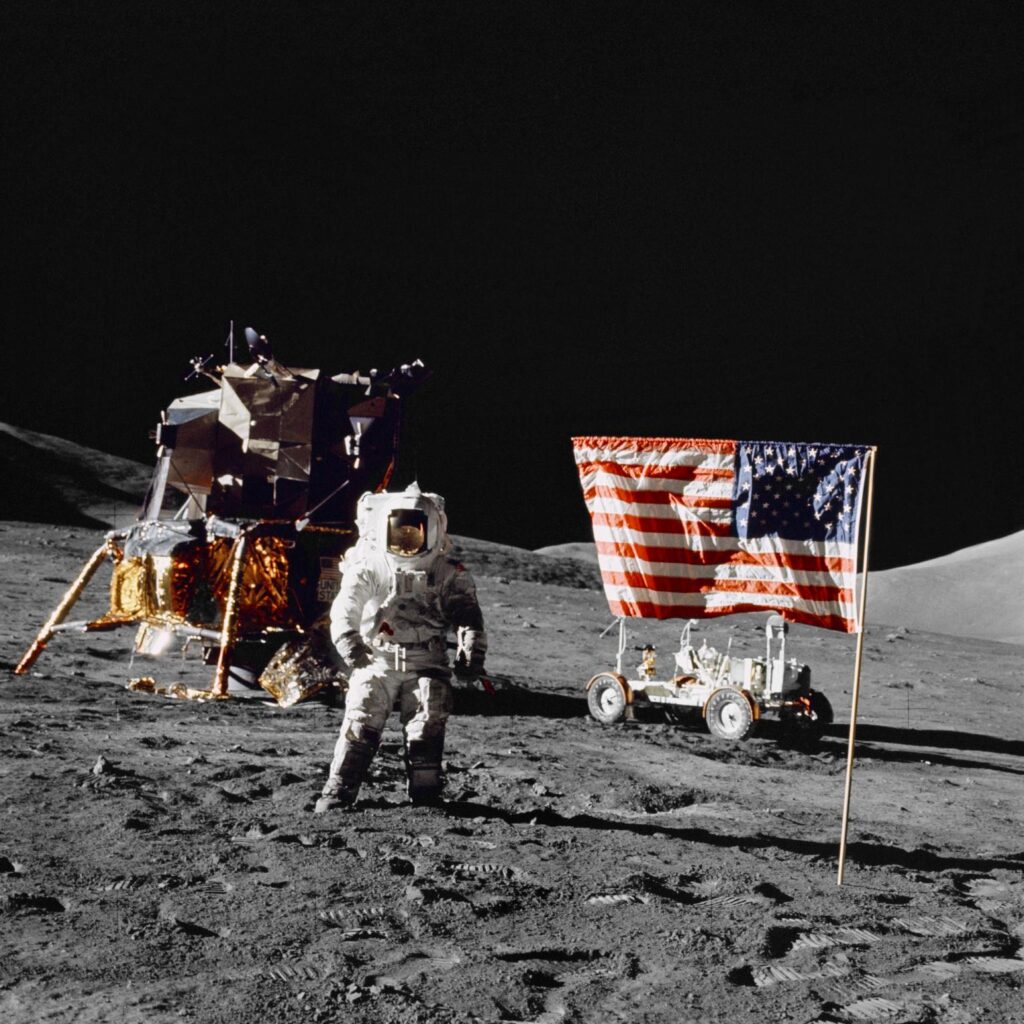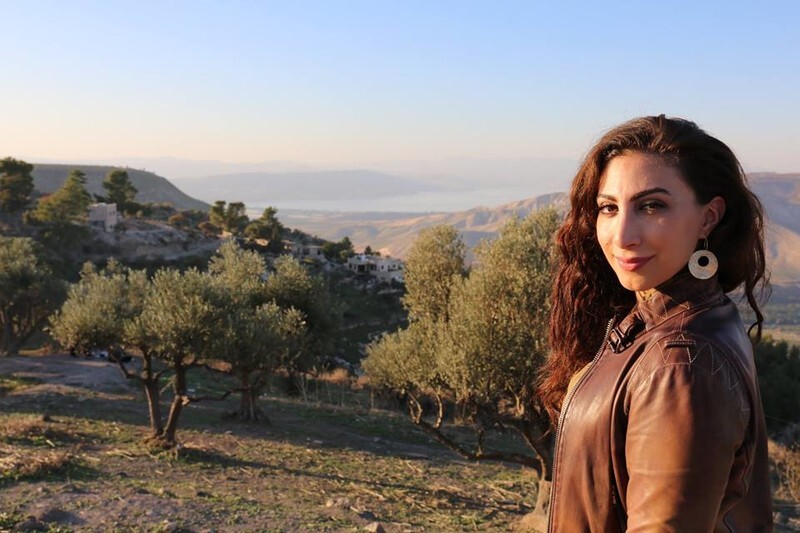Over the course of her 20-plus year career as a journalist and diplomat, Bay Fang has never wavered in her belief in the importance of a free and independent press as an empowering force. Her experiences on the ground, including her 1995 Fulbright U.S. Student award to Hong Kong researching Asia-Pacific economic cooperation (APEC), positioned her on the front lines of the fight to protect free and independent media.
Bay Fang









